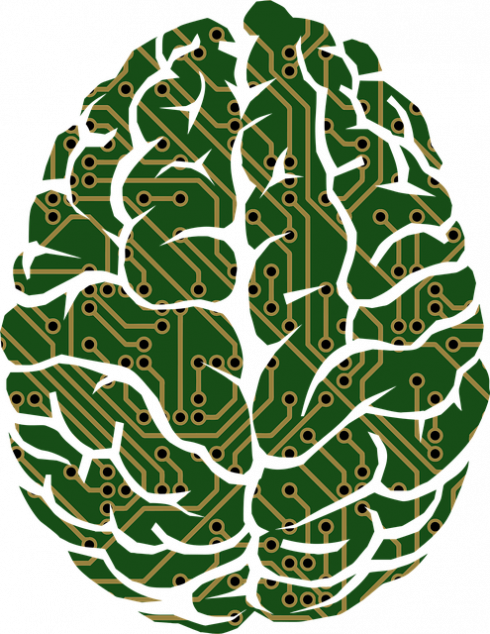
OutSystems has embarked on a new initiative to bring artificial intelligence and machine learning to software development. The company announced Project Turing, an initiative designed to explore how AI and ML can transform software development in the next decade.
Project Turing is named after the father of theoretical computer science and artificial intelligence, Alan Turing. The center was launched on the anniversary of the first detailed design of a stored-program computer proposal by Turing.
“Our bold vision for Project Turing fits perfectly with the principal ideas we had when we started OutSystems 17 years ago – reduce the complexity of developing and changing enterprise software. It’s in our DNA,” said Paulo Rosado, OutSystems CEO. “This initiative fits perfectly with the first principle ideas we had when we started OutSystems: to reduce the cost, time and complexity of developing and changing enterprise software.”
The center will focus on three main projects: 1. New AI assistants to accelerate application development. 2. Develop AI-based analyzers to decrease application maintenance costs. 3. Develop AI-based systems that will automatically generate new feature recommendations for new applications.
“With AI, we see the potential to transform the entire software lifecycle where AI assistants help with everything from modeling new applications with the right architecture and user experiences to analyzing the business value and impact for the organization,” said Paulo Rosado, OutSystems CEO.
According to the company, low-code development is intended to make software development easier. The main goal of the company is to reduce the complexity of developing and changing enterprise software. With Project Turing, the company believes AI assistants will be crucial to low-code development.
“With AI, we see the potential to transform the entire software development lifecycle,” said Rosado. “We envision a low-code development world where AI assistants help with everything from modeling new applications with the right architecture and user experiences to analyzing the business value and impact for the organization.”
In addition, the company plans to commit 20 percent of its R&D resources to the initiative and partner with industry experts, technology leaders and universities to drive original research. The AI Center of Excellence will be based out of Lisbon, Portugal.






